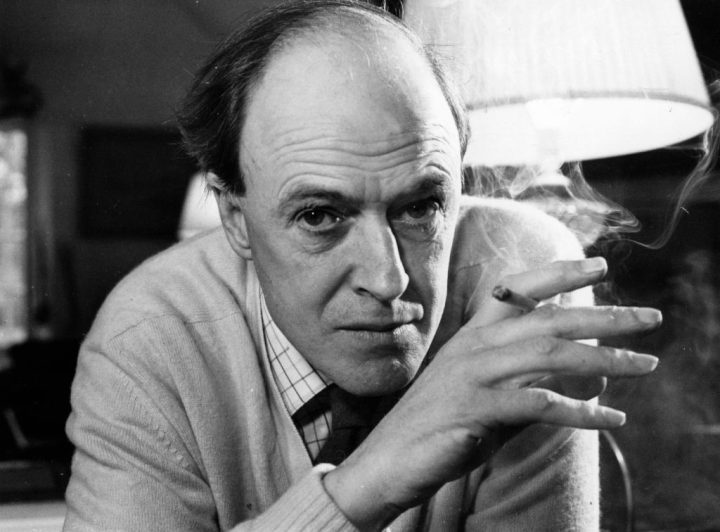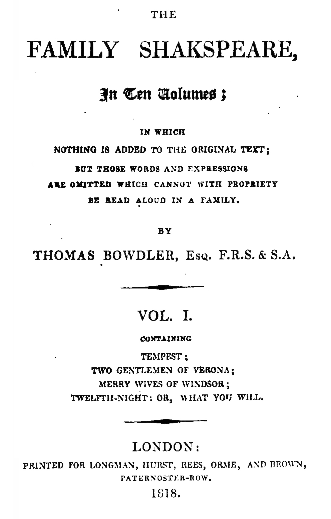Mel L
Full Member
- Aug 24, 2021
Curious to know what other Litopians think. Personally, I am appalled.

 www.nytimes.com
www.nytimes.com

Roald Dahl’s Books Are Rewritten to Cut Potentially Offensive Language
New editions of the best-selling author’s children’s classics, including “Charlie and the Chocolate Factory,” have been altered to eliminate words deemed inappropriate. A backlash ensued.



